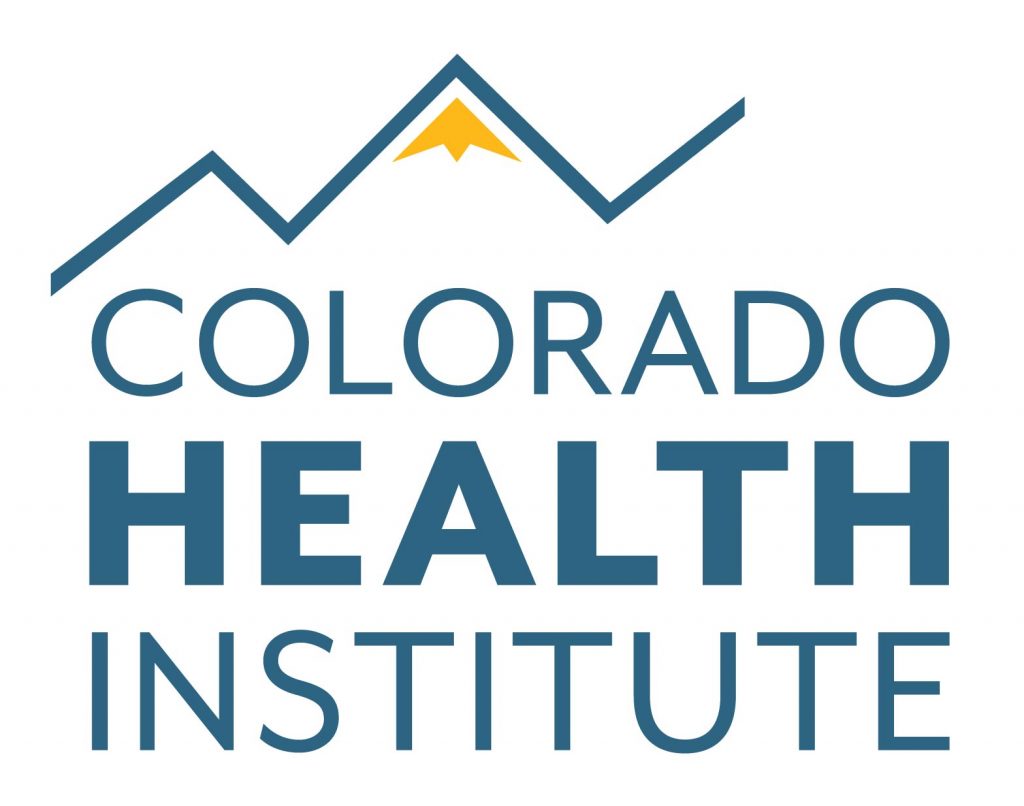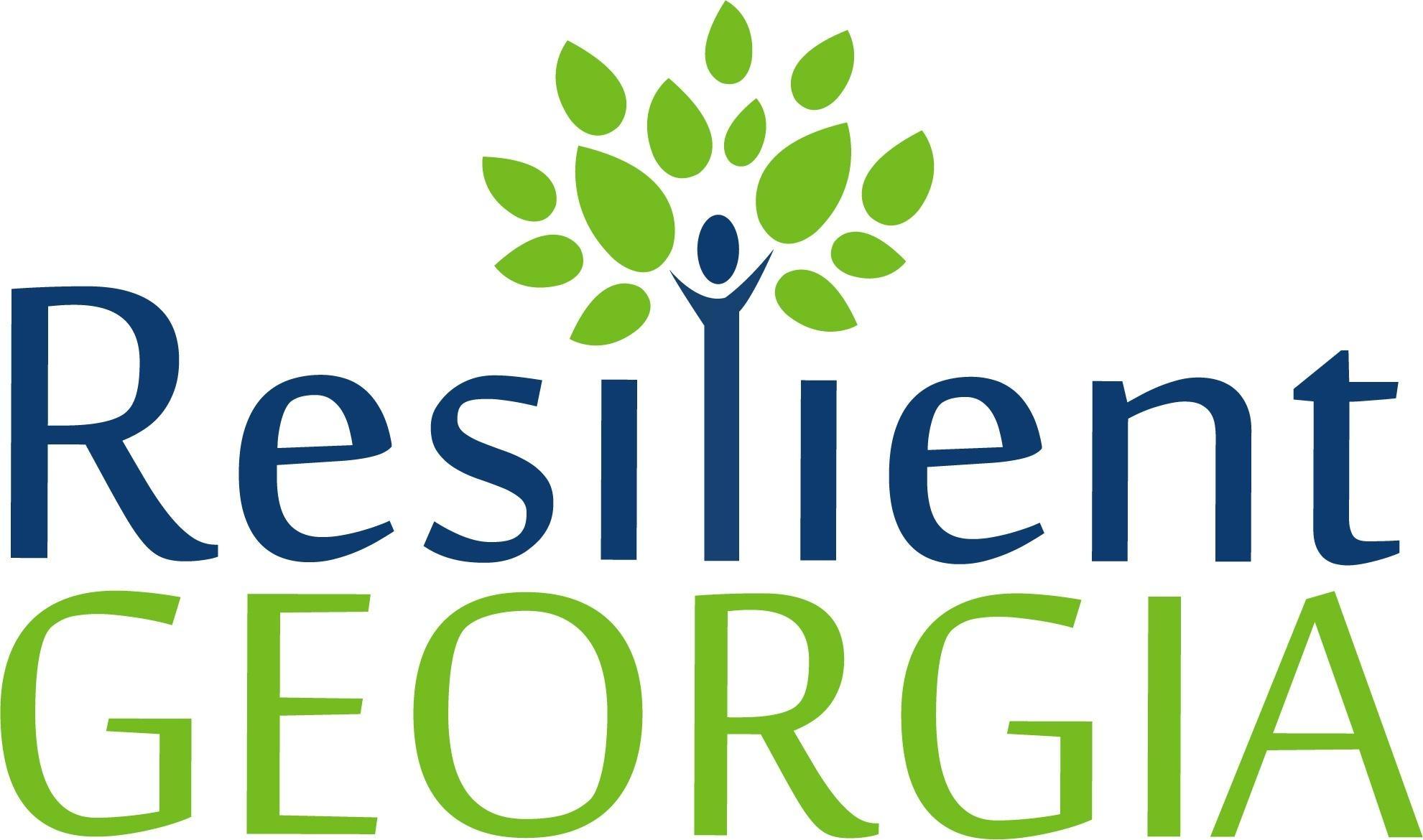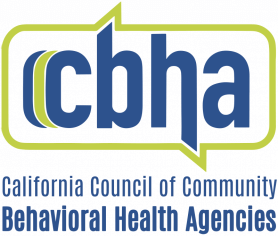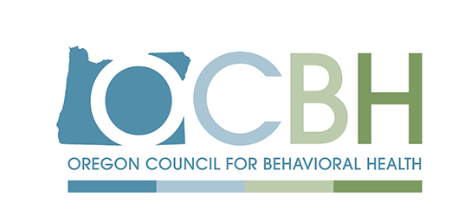Join the Center for Workforce Solutions on the third Tuesday of each month to hear about innovative approaches to address the workforce crisis.
Learn MoreAddressing the nation’s mental health workforce shortage
Over 50 million people in the U.S. — about 1 in 7 — are experiencing a mental illness, yet there is only 1 mental health provider for every 350 individuals in the U.S. This shortage of providers contributes to nearly 55% of adults with mental illness receiving no treatment.
An important component of the workforce shortage is that 57% of people who earn master’s degrees in mental health face financial, time and regulatory barriers to clinical licensure that force them to walk away and never become licensed.
To address the mental health and substance use treatment workforce shortage and to increase the number of licensed clinicians available to serve clients, the National Council for Mental Wellbeing, in partnership with Resilient Georgia, Metro State University – Denver, and Colorado Health Institute, launched the National Mental Health Workforce Acceleration Collaborative (NMHWAC) Program through grant funding provided by Kaiser Permanente.
Program Overview
This initiative aims to expand access to mental health care by increasing the number of qualified licensed clinicians who can provide mental health and substance use treatment to clients, while also building a workforce that better represents and understands the communities it serves. This program launched in September 2023 in Colorado and Georgia, expanding in May 2024 to include southern California, Hawaii and Washington. In October 2024, the program was introduced in the Northwest region, comprising Oregon and southwest Washington.
Program Goals
- Increase percentage of master’s degree graduates who become licensed in target states.
- Increase number of patients served by partially qualified pre- and post-master’s associates.
- Increase the number of fully licensed master’s level mental health professionals who represent the communities being served in targeted states.
- Improve Health Resources and Services Administration (HRSA) health professional shortage area scores in identified target communities.
Program Candidates:
Unlicensed Clinicians

- Clinical social worker
- Marriage and family therapist and other specialties
- Professional clinical counselor/Professional counselor/Mental health counselor

Program Placement
Sites

- Academic medical institutions
- Federally qualified health centers
- Community health care clinics
- Other nonprofit providers
- Health care systems (preference to nonprofits)
Job placement, stipends and supervision provided
Virtual supervision and licensure exam prep offered
NMHWAC will support organizations (sites) in employing and retaining staff (candidates) who are on track to clinical licensure. The program will progressively expand through July 2026 using a cohort-based model.
Program Sites
Our Partners
In the News
Read the latest news about the National Mental Health Workforce Acceleration Collaborative and its impact on organizations and communities across the country.
- Health Action Summit highlights mental health opportunities (Kaiser Permanente) – June 2024
- $4.2 million committed to mental health workforce (Kaiser Permanente) – May 2024
- Health network pledges millions to keep mental health graduates in the workforce (Denver Business Journal) – May 2024
- Graduates in mental health fields face barriers to filling critical shortages. A new MSU program aims to change that (CPR News) – May 2024
- Kaiser Permanente Invests $490,000 to Bolster Georgia’s Mental Health Workforce (Athens CEO) – March 2024
Workforce Events and Opportunities
Check out these featured events, trainings and other learning opportunities from the National Council for Mental Wellbeing and our partners.
Contact Us
Use the form below to submit your questions about the National Mental Health Workforce Acceleration Collaborative. A member of the National Council team will respond.
This project is 100% funded through an award from Kaiser Permanente.















